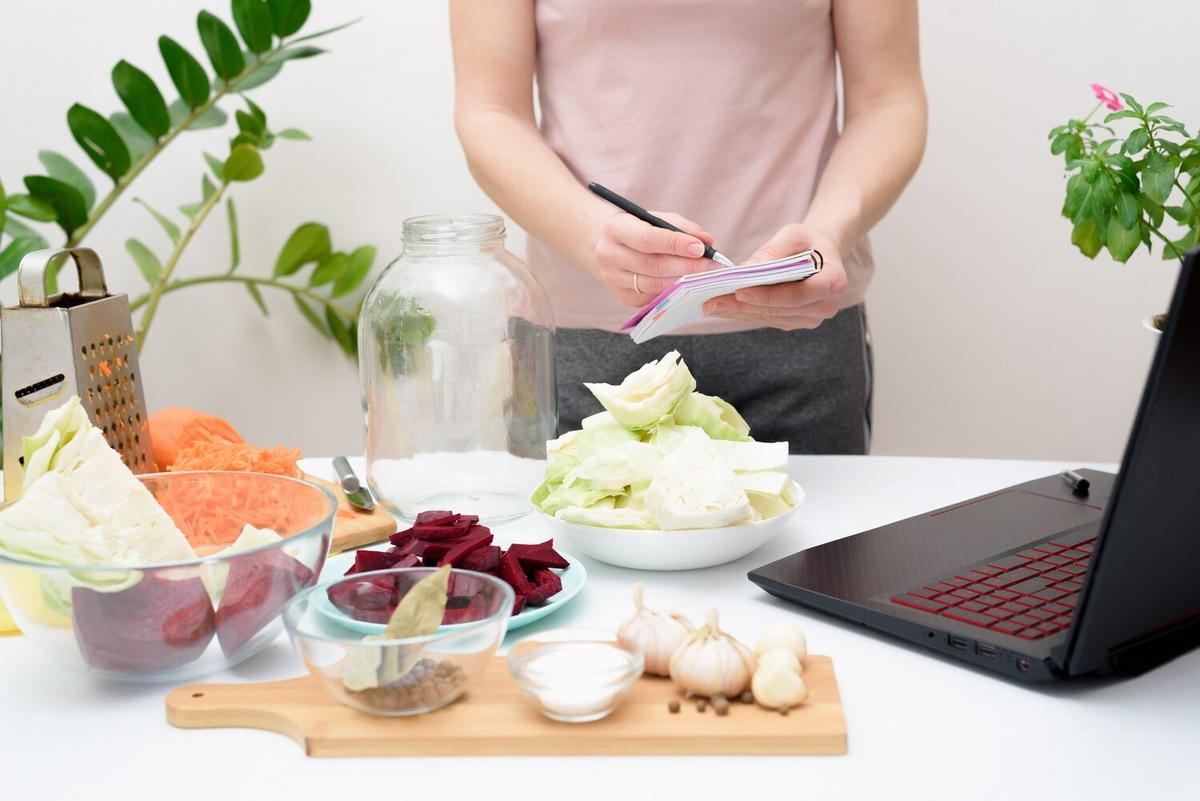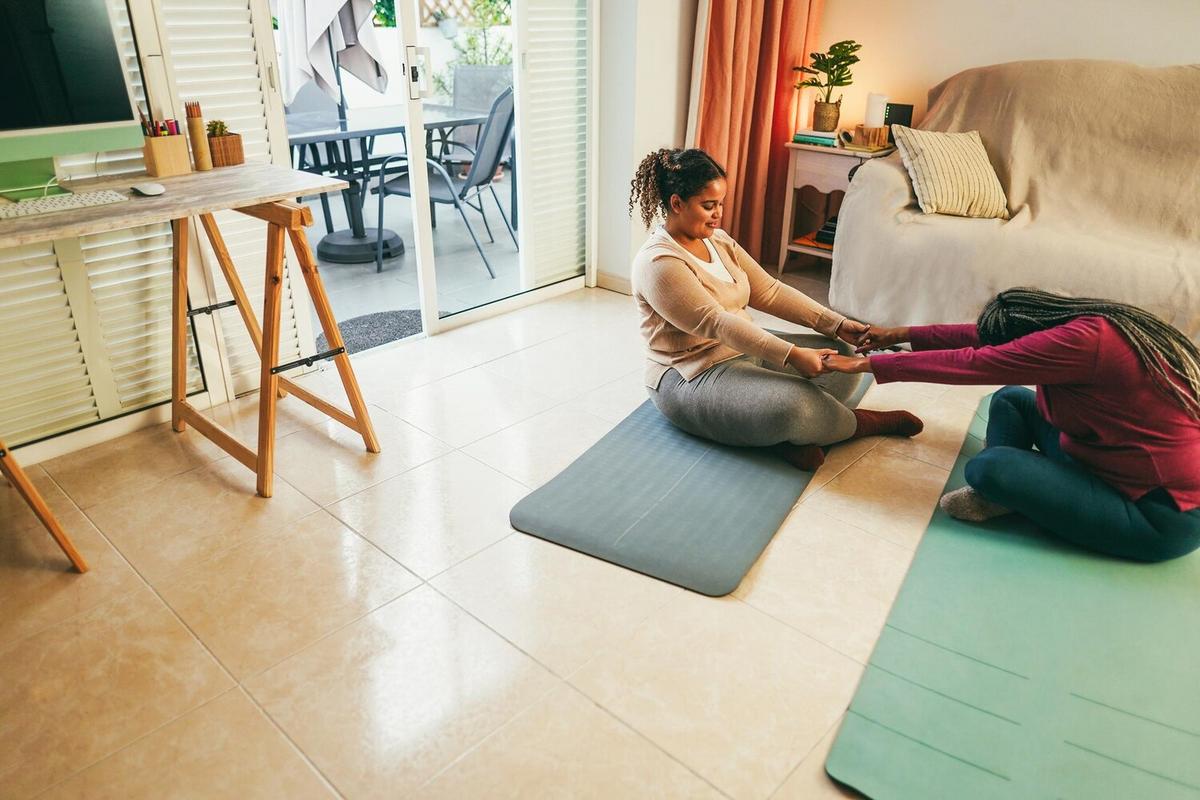
How to Meal Prep for a Week of Healthy Eating
Meal prepping is an effective strategy for maintaining a healthy diet amidst busy schedules. It involves preparing meals in advance, ensuring you have nutritious options readily available, which can help you stay on track with your health goals.
Meal prepping not only saves time but also reduces stress and helps you avoid unhealthy food choices. By dedicating a few hours each week to preparing meals, you can enjoy a week of balanced and delicious eating. Here’s how to get started.
Understanding the Basics of Meal Prep
Meal prepping involves planning and preparing meals for the upcoming week. According to nutrition expert Lisa Drayer, “Meal prepping can be a game-changer for those who want to eat healthier but struggle with time constraints.” The key is to make it simple and sustainable.
Benefits of Meal Prep
- Time-saving: Spend less time cooking daily.
- Cost-effective: Buy ingredients in bulk and reduce food waste.
- Healthy eating: Control portions and ingredients.
Getting Started: What You Need
Before you begin, gather the essential tools: airtight containers, a reliable shopping list, and a clear plan. Start by selecting a day for meal prepping, typically a weekend day when you have more free time.
Pro Tip
Steps to Successful Meal Prep
- Plan Your Meals: Decide on recipes and portion sizes. Consider using a meal planning app for convenience.
- Make a Shopping List: Include all necessary ingredients. This helps avoid impulse buying and ensures you have everything you need.
- Prep Ingredients: Wash, chop, and portion out ingredients. This includes cooking grains and proteins in advance.
- Cook and Store: Prepare your meals, allow them to cool, and store them in labeled containers.
Sample Weekly Meal Plan
| Day | Breakfast | Lunch | Dinner |
|---|---|---|---|
| Monday | Oatmeal with berries | Grilled chicken salad | Quinoa stir-fry |
| Tuesday | Smoothie bowl | Turkey wrap | Vegetable curry |
| Wednesday | Greek yogurt with nuts | Lentil soup | Stuffed bell peppers |
| Thursday | Avocado toast | Chickpea salad | Grilled salmon |
| Friday | Whole grain pancakes | Quinoa bowl | Chicken stir-fry |
| Saturday | Fruit parfait | Vegetable wrap | Pasta primavera |
| Sunday | Egg muffins | Buddha bowl | Beef stew |
Common Challenges and Solutions
One common challenge is maintaining variety. To avoid meal fatigue, experiment with different spices and sauces. Another issue is storing meals; using airtight containers can help keep meals fresh for longer.
FAQs
How long can prepped meals last in the fridge?
Typically, prepped meals can last 3-5 days in the refrigerator. Ensure they are stored in airtight containers.
Can I freeze my meals?
Yes, many meals can be frozen for up to three months, extending their shelf life and maintaining freshness.
How do I keep my meals interesting?
Incorporate a variety of cuisines and seasonal produce to keep meals exciting and flavorful.
Conclusion
Meal prepping is a practical approach to sustaining a healthy lifestyle. By planning and preparing your meals in advance, you can enjoy nutritious and delicious meals throughout the week. Start small, stay organized, and adjust your plan as you become comfortable with the process. Embrace meal prepping as a tool to simplify your life and support your health goals.


